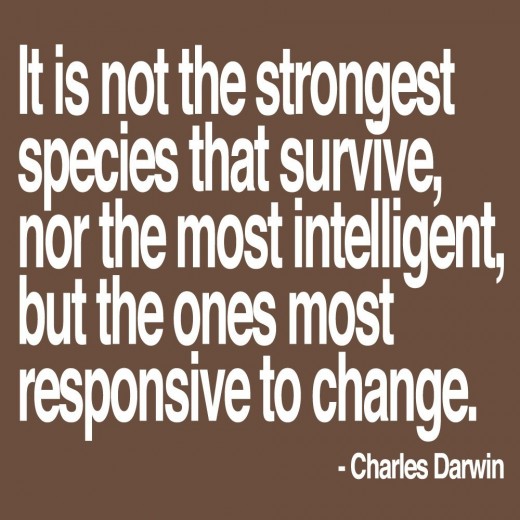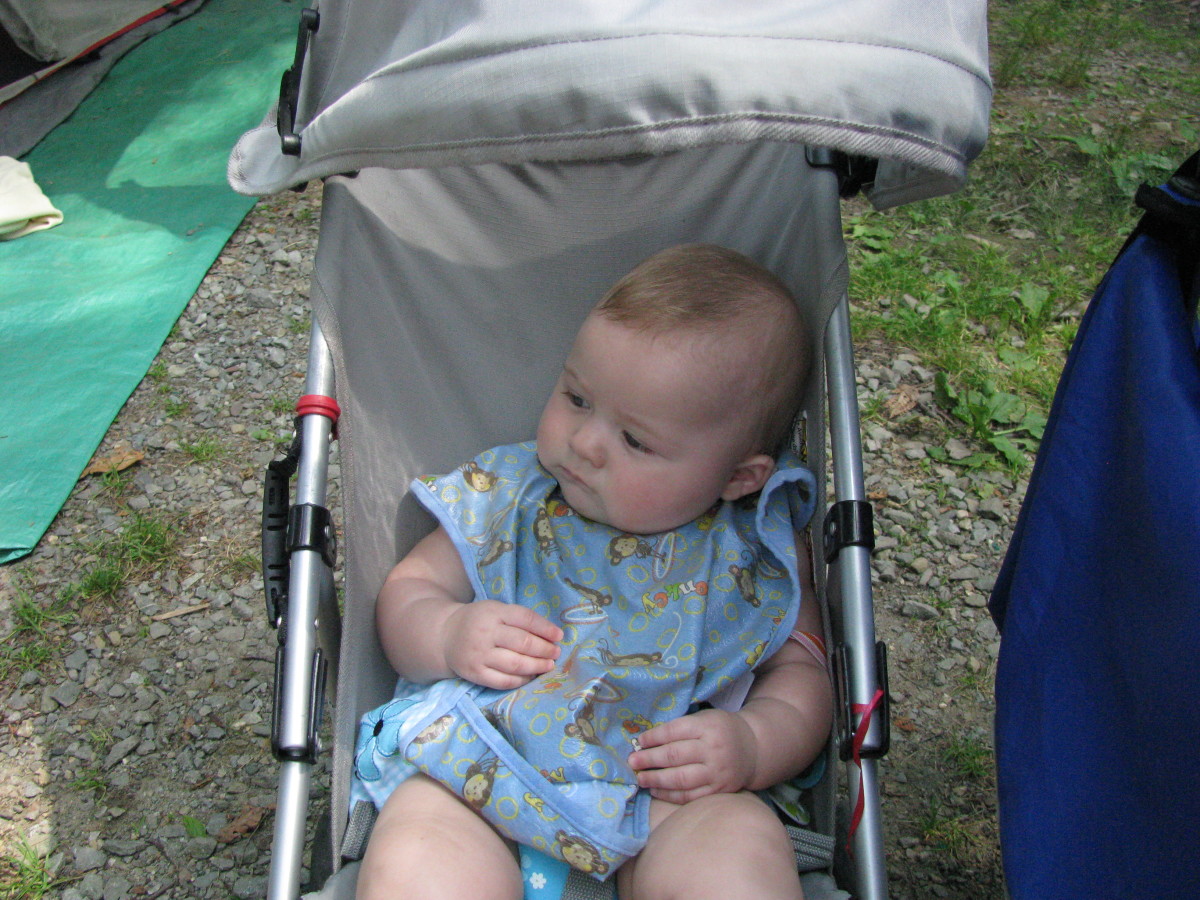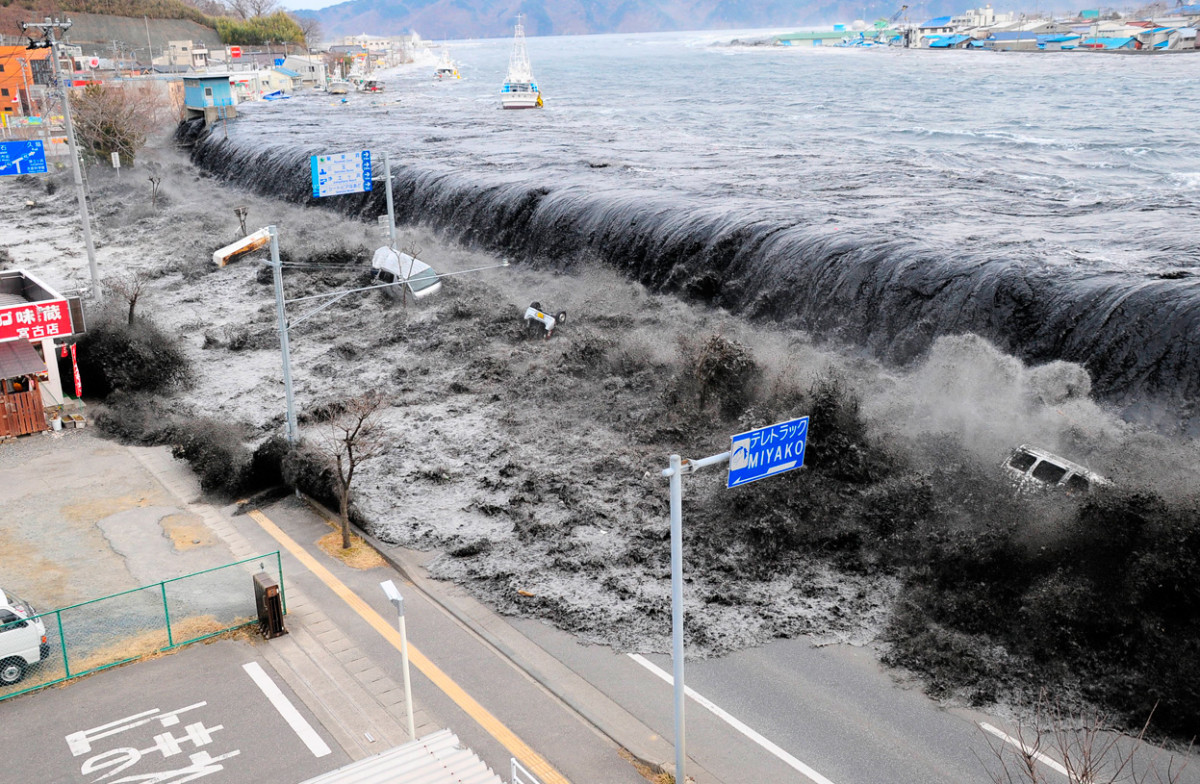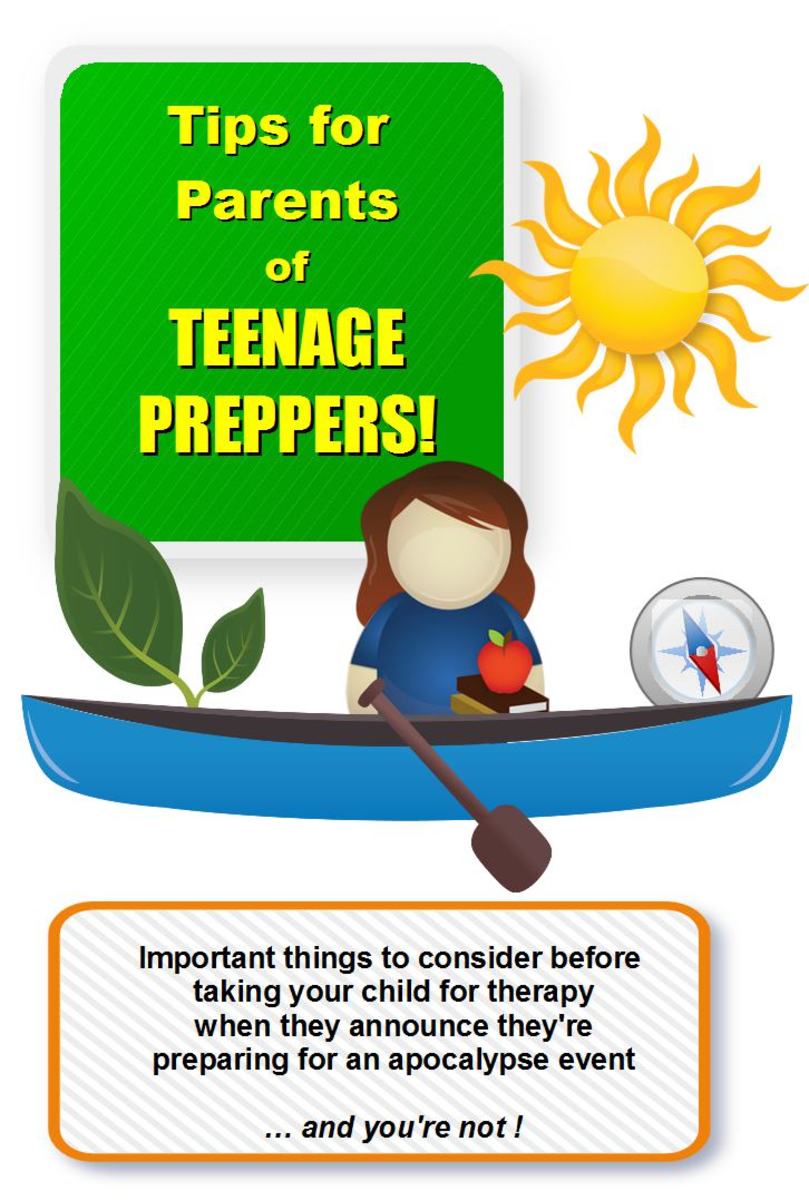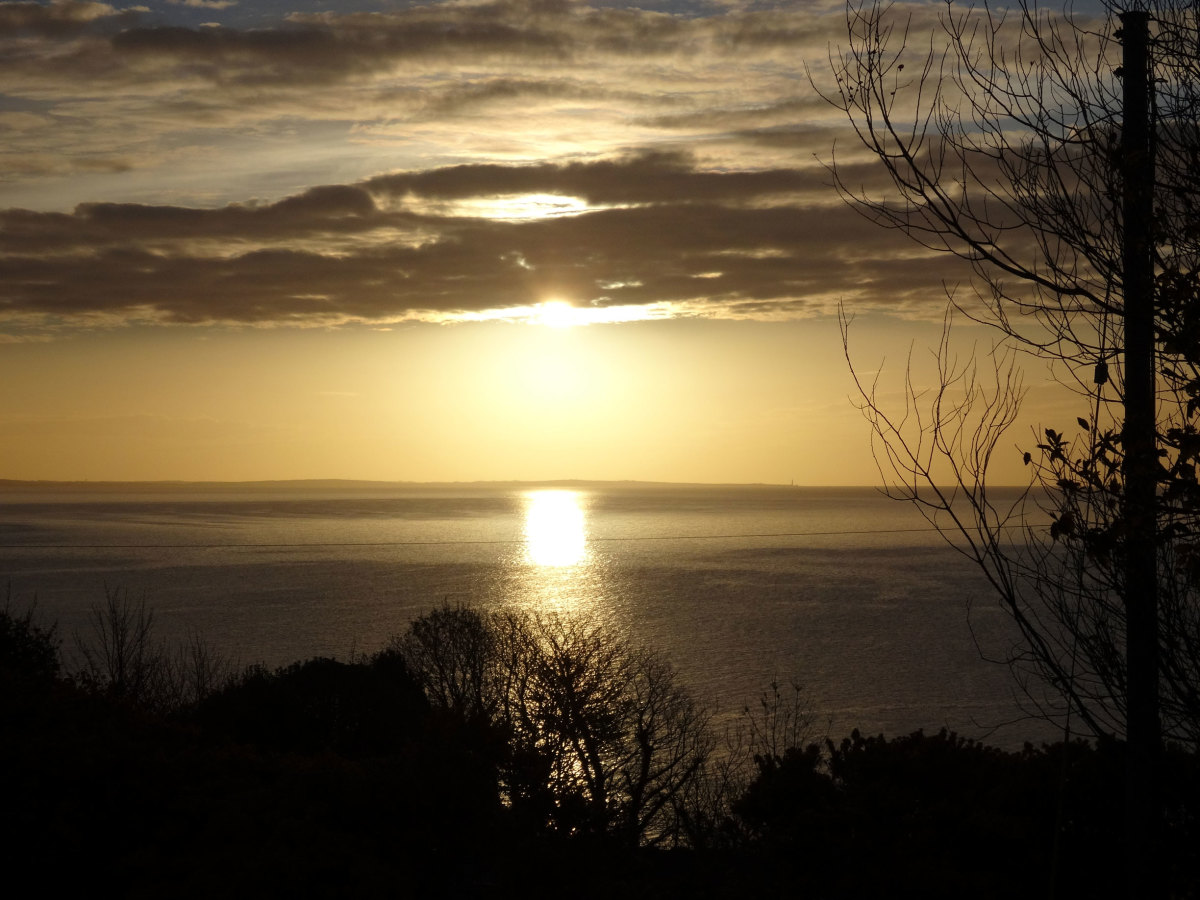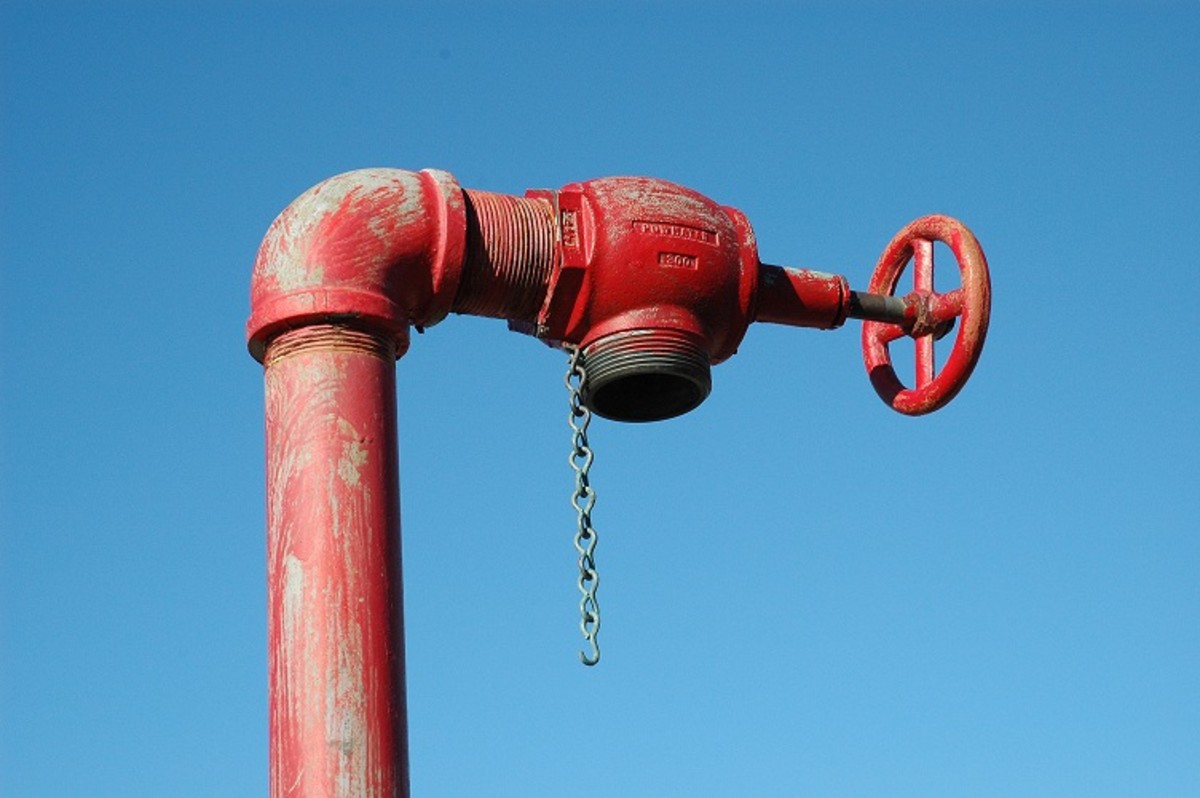Bugging In: The Key to Urban Survival in Disasters
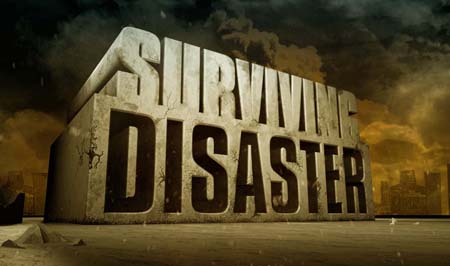
Trends in Natural Disasters
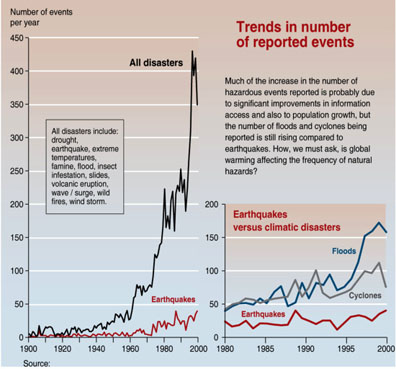
Survivalists seem to agree that people in urban areas are vulnerable in post-disaster conditions.The first key to disaster and crisis survival is to realize the government and emergency services will not be able to help you. Burying your head in the sand and thinking someone is going to rescue you like a damsel in distress is self-destructive. People procrastinate and people avoid discomfort like emergency preparedness. You and your family's survival may depend on it.
In a disaster event, responders will be overwhelmed, outnumbered and busy for hours or even days. Due to condensed populations and total dependency on critical infrastructure like utilities, water, communications, banking and emergency services, urban centers will experience the most damage and therefore, the most crises. With resources and preparation short term survival is possible.
Security officials state that without access to stable utilities and resources, within one year, survival would be slim and there would be very high mortality rates in urban centers. Urban survival during a disaster is possible in the short-term but odds of your survival dwindles in longer term situations especially known as a total 'grid down' situation, which could last for weeks. During a crisis situation, areas with the highest population densities will experience the most crime, the most social unrest, the highest likelihood for epidemics, and the highest death tolls due to lack of resources and sanitation. It also may be impossible to 'bug out' to another location, so urban survival is necessary. One should be prepared to bug in or bug out in case of disaster. Bug in and bug out plans need to be made in advance. Choose your disaster shelter wisely.
If at all possible, you should look into purchasing some type of rural 'bug out' survival property where you can head should you face a long term disaster scenario. Have a bug out bag ready to go. Campgrounds or a random place in the wilderness are not viable options.
The public rule is to store 72 hours of resources but survival experts recommend better insurances such as one year of supplies. Consider it may take weeks to restore electricity, gas and power. In any case, your basic needs will remain the same: water, food, shelter, heat, first aid and self-defense. Many places are experiencing water quality issues and shortages due to long term drought. Three days without water and you die so ensure you have flats of bottled water or bottle your own from taps or rain water in safe food grade containers. There are many options from two litre pop bottles to rain barrels, do your research.
Consider retrofitting your urban dwelling with solar power, wind, hydro or geothermal for cooking and heating. Government grants and eco-subsidies may be available to assist.
Tips from the Great Depression
Seek Simple Pleasures
| Respect Food
| Make Do
|
Respect Soil and Water
| Be Your Own Doctor
| Minimalize
|
Nutrure Relationships
| Learn to Fix it
| Read
|
Live Frugal
| Reuse
| Recycle
|
Having an adequate resource for heat and cooking is especially critical during the cold winters or ice storms. Some excellent and affordable options are wood burning fireplaces, kerosene heaters, and portable propane heaters, a rocket stove, solo stove, ecozoom stove or even a bbq. All of these are fuel dependent so have additional canisters.
Food supply will be crucial as businesses will be closed or looted in a disaster. Think easy, instant and simple. Packaged and preserved meals are best, do not require a fridge and are add water and heat. Consider freeze dried and dehydrated meals that have a 10 year plus shelf life. Ready to eat military meals are great as well as canned and packaged meals. if you want fresh or organic too, grow your own fruits and vegetables. For long term survival, consider gaining some hunter-gatherer skills and tools. You may also can your own foods or raise urban chickens.
You'll be needing a First Aid Kit and stocked prescription medicines if required. Simply explain to your doctor you are preparing an emergency kit and require additional meds. Consider purchasing a well equipped disaster kit and perhaps take a first aid course.
Disasters create panic and chaos. Police will be overwhelmed, delayed and busy with tons of calls. Home security and self-defense should always be considered during disaster. People may do things they normally wouldn't do and desperate people do desperate things under desperate situations. You may wish to install solid metal doors, dead bolts, security motion lights, window locks and a security system even a 'beware of dog' sign even if you do not have a dog. Consider purchasing a gun, stun gun, bear or pepper spray. Firearms training and practice are crucial to gun ownership.
Urban sanitation is often overlooked in survival situations. When disaster interrupts water, sewage systems and trash collection may be inoperative in a long-term disaster, think about health and safety. Trash and sewage disposal will be imperative and a lack of it could deteriorate a city quickly. You may wish to purchase five gallon toilet buckets,a portable toilet, camping toilet or install a composting toilet. Keep a stock of adequate cleaning and hygiene supplies like bleach, iodine tablets and water filter for purification. For waste removal, one may wish to compost. Keep a heavy duty pot for boiling water in case of service disruption, poor water quality due to drought or flood, or when under a boil advisory.
Other threats people may not initially prepare for include cyber attacks, war, resource conflicts, power grid failure from solar flares or a disease outbreak. In any case, there could be disorder that may eventually result in a state of martial law. Then you'll really want to stay stay indoors.
A prepared survivalist normally leads an ordinary life, has a job and often a family. Some keep silent about their preps and plans while others seek a collaborative approach. Statistics indicate more and more people are 'getting back to nature' at their own recreational refuges- for whatever reasons. While many may not subscribe to the mentality of a survivalist, it remains a fact that natural, man-made, environmental, health and economic disasters are taking place much more commonly in our world - especially in urban centers. When disaster strikes will you be ready or like a deer in head lights?
